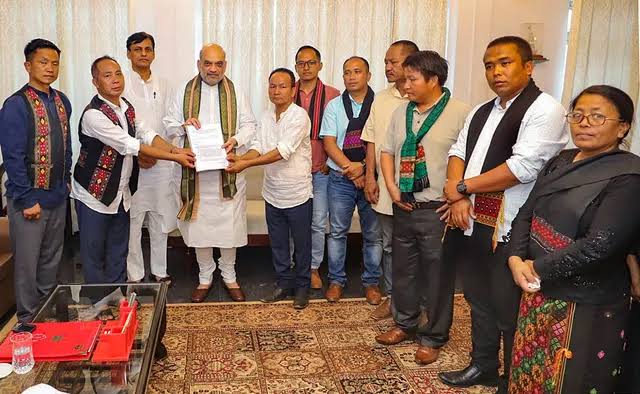Bombay High Court directs educational institutions to permit changes to name, gender in certificates of transgender persons

Transgender persons in Maharashtra would no longer have to litigate for changing their names and identity on their documents as the Bombay High Court Tuesday ordered all educational institutions in the State to facilitate transgender persons to change their names and identities in official documents with retrospective effect [X vs The Dean].
A bench of Justices Gautam Patel and Neela Gokhale observed that a person seeking to make changes in their documents identifying itself as a transgender, cannot be denied the same by an educational institution.
"This is a case of a denial of a human being’s self-identity and self-identification. That cannot be done and cannot be permitted. Nor can an institute be permitted to force upon the petitioner a name, identity or a gender that the petitioner has chosen to reject in preference to some other," the bench said in its order.
The bench noted the fact the petitioner was born as a female but was currently identifying as a transgender. The petitioner completed then Masters of Arts (MA) from Tata Institute of Social Sciences (TISS) and now seeks to pursue law but with new name and identity (as a transgender). However, the institution did not entertain the request for re-issuing the petitioner degrees and other documents with the changed name and identity.
"We see no impediment to the grant of relief and we would be entirely remiss if we did not issue that mandamus. Clearly, the petitioner has demanded justice in accordance with law but has not received it," the bench said.
The bench further noted that not only TISS but even other educational institutions across Maharashtra do not have this facility for transgender persons to change their names and identities in the documents.
"There is absolutely no reason why the online forms on the website of the institution (TISS) and indeed every other educational institution that is or are subject to our writ jurisdiction should not have a form for precisely such changes, i.e., noting a change in name and a change in gender. It is for TISS to make this change on its website and for the State government to issue the necessary instructions to all similar educational institutions across Maharashtra," the bench ordered.
The bench took a strong objection to TISS asking the petitioner to first get documents right from birth certificate to be changed with the new name and identity.
"A school leaving certificate or a birth certificate will not reflect the changes that are now being sought. That is not even remotely tenable. It would be a manifest injustice and a complete denial of fundamental rights including the right to privacy and the right to dignity, covered by Article 21 of the Constitution of India, to refuse the petitioner relief or to accept what TISS says that all previous records must now be updated," the bench opined.
The approach of TISS in the instant matter was 'simply wrong' as it fails to recognise that questions of identity, self-identification and gender perception do not happen at a biologically definable point in time, the Court underlined.
"These are matters of self-realisation without predictable time frames. That does not mean that every person who, in exercise of these Article 21 rights, desires the necessary changes to be made must be put through the additional trauma of having to get reissued every single document from birth onwards," the bench said.
What is required is a recognition and acknowledgment of the rights that the petitioner invokes and the insistence by TISS on getting other records changed and on a production of previous documents was obstructive, the bench held.
"To our mind, it is in and of itself nothing short of a denial of the Petitioner’s fundamental rights under Article 21. What has to be acknowledged is a movement forward in point of time and in life, that is to say, what is required to be provided to the petitioner from a particular point onwards without having to go back in time," the Court observed while granting relief to the petitioner.

















